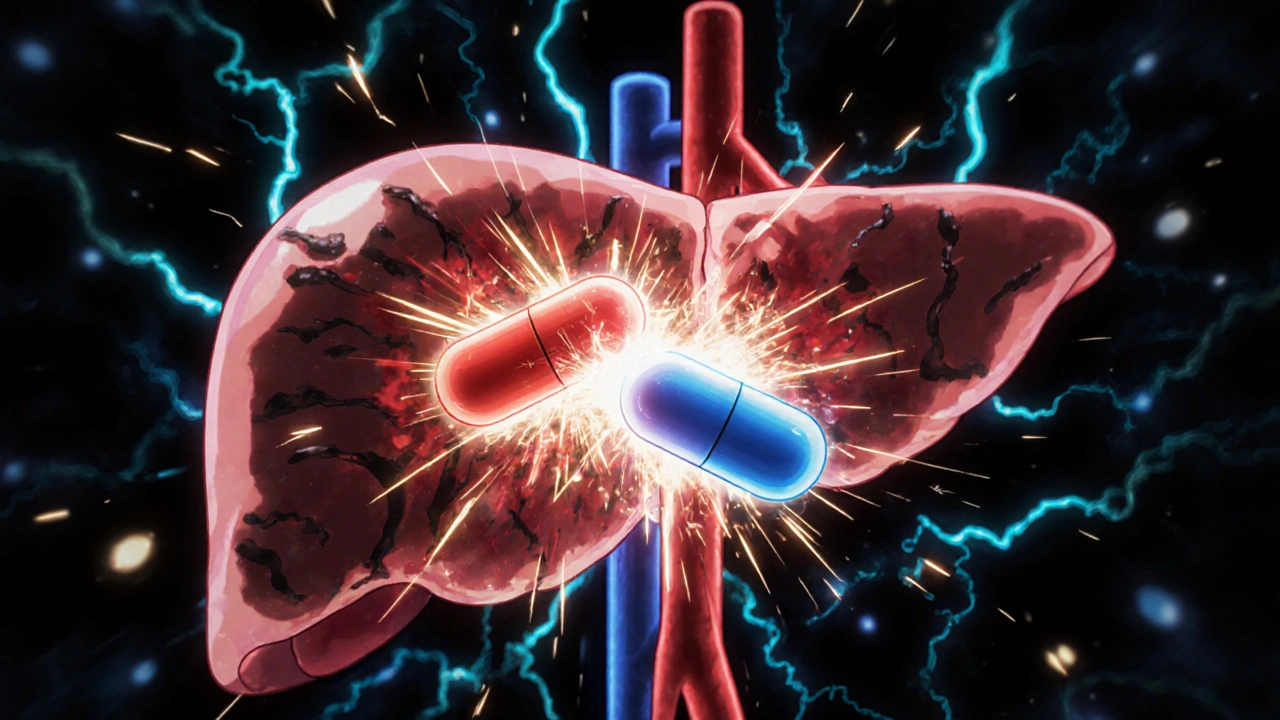CYP450 Interactions: How Your Meds React Together
When you take more than one medication, your body doesn’t just treat them as separate pills—it sees them as a chemical team, and the CYP450 system, a family of liver enzymes that break down most drugs. Also known as cytochrome P450 enzymes, it’s the main reason some pills boost or block each other’s effects. Think of it like a traffic controller in your liver: if one drug slows down the controller, others pile up and cause side effects. If another drug speeds it up, your meds get cleared too fast and stop working.
This isn’t theoretical. People on blood thinners, antidepressants, or statins often don’t realize their grapefruit juice, antibiotics, or even herbal supplements are messing with this system. For example, a common antibiotic like clarithromycin can block CYP450, making your cholesterol drug build up to dangerous levels. On the flip side, St. John’s wort can speed up the same system, causing your birth control or antidepressant to lose power. These aren’t rare cases—they show up in emergency rooms and doctor’s offices all the time. Even something as simple as switching from one generic pill to another can trigger a hidden interaction if the new version affects CYP450 differently.
The posts below aren’t just about CYP450—they show how it plays out in real life. You’ll find stories about how QT-prolonging drugs like certain antibiotics or heart meds can turn dangerous when CYP450 slows their breakdown. You’ll see how GLP-1 weight-loss drugs cause nausea not just from the drug itself, but because other meds in the mix are changing how fast it’s processed. Even something like Enalapril and gout isn’t just about uric acid—it’s about how the liver handles the drug alongside other common meds. This isn’t a textbook topic. It’s the hidden reason why some people feel fine on their meds and others end up in the hospital.
What you’ll find here isn’t guesswork. It’s real-world cases where people figured out their symptoms weren’t random—they were tied to how their pills talked to each other. Whether you’re on a single drug or a cocktail, understanding CYP450 helps you ask the right questions and avoid surprises.
CYP450 Enzyme Interactions: How Medications Compete for Metabolism
CYP450 enzymes metabolize 90% of medications, but drug competition can cause dangerous interactions. Learn how common meds like statins, antidepressants, and blood thinners clash - and how to stay safe.

